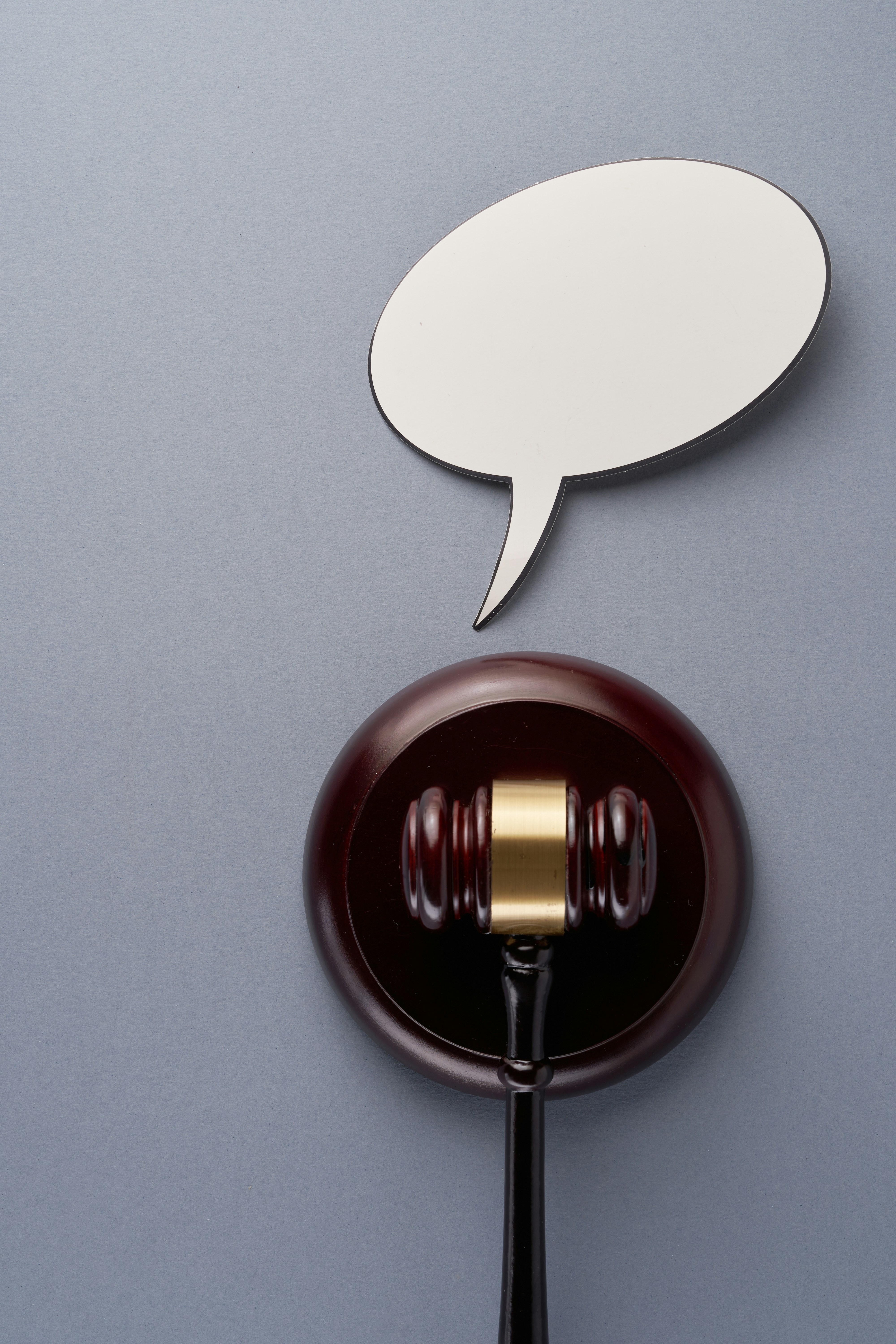It is no secret that Stanford students have a penchant for gossiping. Whether on Fizz or through the grapevine outside Tresidder, campus is frequently abuzz with the latest rumors. Although gossiping is typically cast in a negative light, a study conducted by researchers from Stanford and the University of Maryland found that gossiping may be a beneficial practice, as long as information remains “reliable.”
Study co-author Michele Gelfand, who is a professor at the Graduate School of Business, estimates that people gossip an hour a day on average — defined as the “exchange [of] personal information about absent third parties.”
It was previously unclear why gossiping prevails as an evolutionary strategy, according to Gelfand. Xinyue Pan, the study’s first author and a Ph.D. graduate from the University of Maryland, wrote that the researchers proposed a theory titled “the evolutionary cycle of gossip.”
The researchers’ theory was tested by simulating gossip through a computer model. Virtual, computer-generated agents “interact[ed] with each other based on their strategies and gain[ed] payoffs from the interactions,” Pan wrote.
The strategies varied depending on cooperation and gossiping styles, and were updated as the agent learned which strategies led to higher payoffs.
According to Gelfand, 90% of simulated agents chose to gossip, which enabled a high level of cooperation. A key finding was that “gossip is helpful in terms of disseminating information about people’s reputations,” because it generates cyclical behavior when people “condition their behavior on others’ reputations,” causing others to become more concerned about their own reputations, she wrote.
“People become more concerned about affiliating with people who have good reputations (and will cooperate) and avoiding people who defect,” Gelfand wrote.
Gossiping may cause more positive cooperative behavior, according to the study. Gelfand wrote that the model demonstrated that agents can identify gossipers and behave better around them to evade “becoming subject to the rumor mill.” The original gossipers also benefit because they receive other agents’ cooperation.
Pan reported that one challenge the researchers encountered was controlling for the accuracy of gossip in the simulation model. She wrote that they eventually “implemented a parameter that controls the extent to which individuals can differentiate between reliable versus unreliable information.”
The researchers discovered that gossip benefits cooperation only when a higher weight is assigned to more reliable information.
Pan wrote that the model only considered the “two simplest gossiping cases — those who always gossip and those who never gossip,” so future work could involve more complex roles.
According to Pan, the researchers also made the assumption that “people are influenced by positive and negative gossip equally, which is not necessarily the case in real life.”
Gelfand also noted that this study was performed using abstract models, so real-world data would be important to verify the theoretical results and better understand whether the model is applicable to real-world patterns.
Some students with previously negative views of gossip report seeing it differently in light of this study.
“I’ve changed my views on many people’s reputations, and it has impacted how vulnerable I am with others,” Angelina Schapiro ’27 said.
In the true spirit of disseminating information, Schapiro said, “I sent the article to everyone I knew.”
